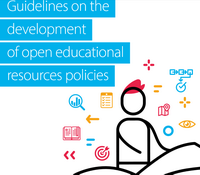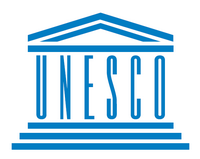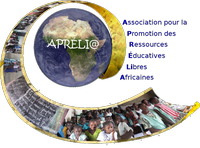 Source : UNESCO
Source : UNESCO
Foreword by the Assistant Director-General for Education, UNESCO :
Over the last 20 years, the concept of open educational resources (OER) has evolved from a loosely defined term for freely accessible courseware to being a part of programmatic strategies now included in many governmental and institutional policies for expanding access to education, enhancing quality of learning and opening lifelong learning opportunities for all.
At every step of the way, UNESCO has been – and continues to be – committed to its role as a convener of international collaboration for promoting OER. In fact, the term ‘OER’ was first coined at UNESCO in 2002. Ten years later, the 2012 Paris OER Declaration recommended ways for Member States to promote the use of OER. OER’s role in increasing the quality and accessibility of teaching and learning as well as fostering knowledge creation was then further articulated in the Incheon Declaration and Qingdao Declaration of 2015.
More recently, in 2017, more than 100 Member States signed up to the Ljubljana OER Action Plan, which lists 41 recommendations to mainstream OER, underlining the importance of strong policies for the implementation of OER.
Indeed, the political will to have comprehensive national OER policies continues to grow. Rather than just appraising the potential of a national OER policy, we can now see the benefits. An OER policy ensures that publicly funded materials are openly licensed. In effect, when the public is allowed to reuse the materials for which it paid, the efficiency and effectiveness of public funds spent on education then increase. In addition, a government that adopts an OER policy helps expand access to quality education, widening the distribution of high-quality educational resources and reducing barriers to learning opportunities. UNESCO and the Commonwealth of Learning have been working directly with governmental agencies and institutions to support the development of national and institutional OER policies.
This publication, Guidelines on the Development of Open Educational Resources Policies, is the culmination of this. It is meant to be referenced as a hands-on plan to develop subject-matter knowledge for policy makers on OER and a framework to provoke critical thinking on how OER should be leveraged to address challenges in achieving the targets of Sustainable Development Goal 4 (SDG 4) in different local contexts. More specifically, it can be used as a literal step-by-step guidebook on how to develop an OER policy from conception to implementation. These guidelines will be of interest to policy makers, the education community and beyond. I hope that the experience shared and the policy approach proposed will help UNESCO Member States transform their education and training systems to more effectively meet SDG 4.




